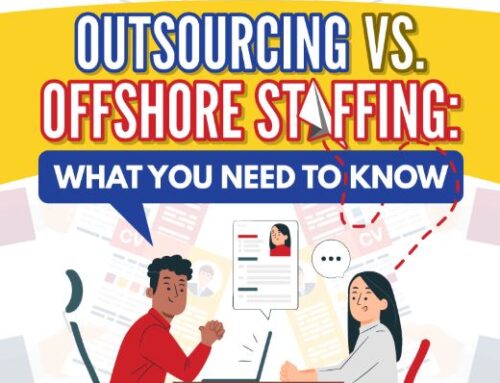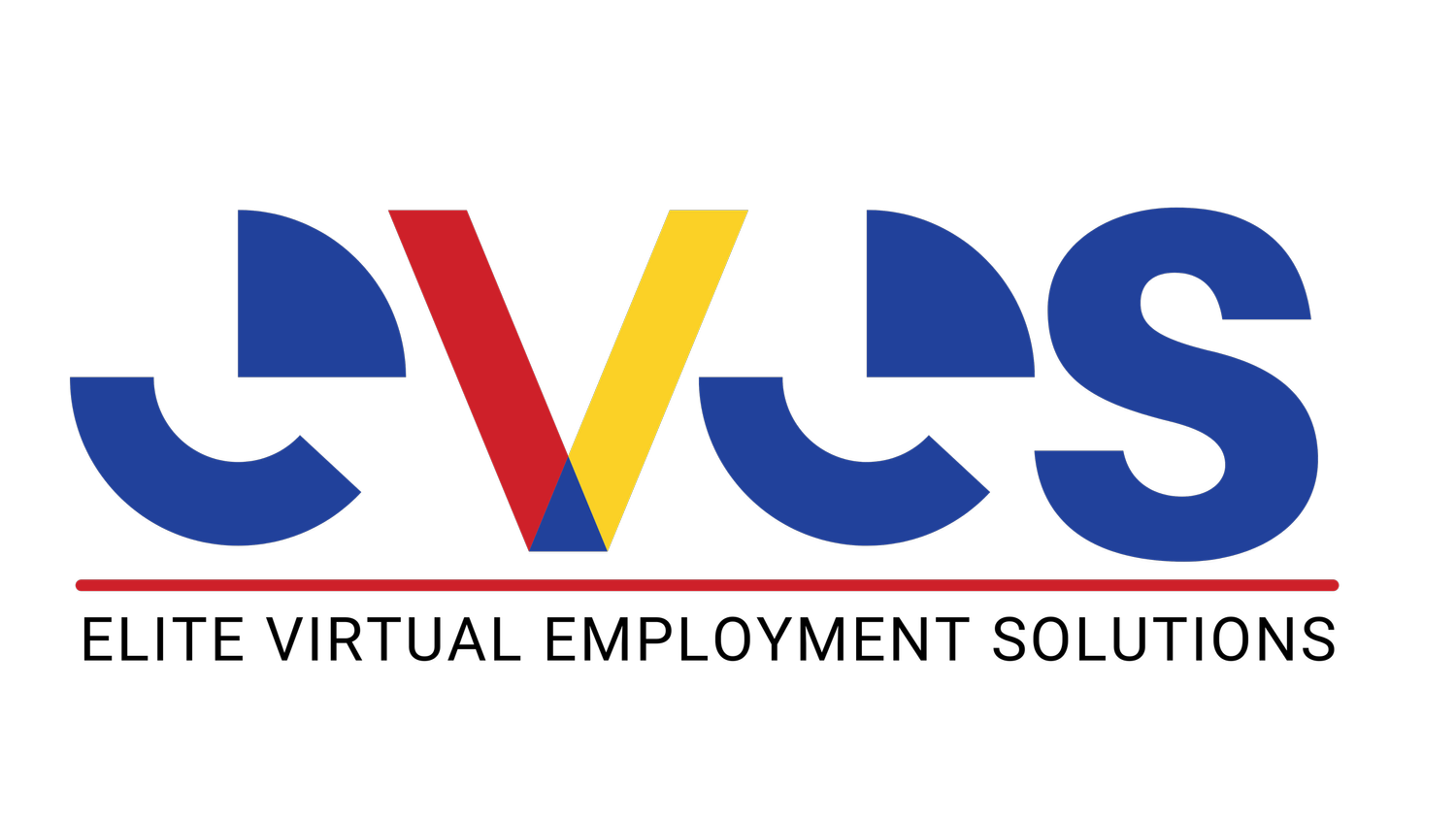Accounting is more than just a mundane task — it is the backbone of financial health and business success. You may think you can manage your accounting function independently, but with limited time, knowledge, and experience, it can lead to inaccurate or incomplete records over the long run.
Even small missteps in recording financial transactions can have big consequences for your growing business. Whether you’re a startup or a seasoned enterprise, understanding and avoiding common accounting pitfalls can steer your business toward a better financial situation.
Here are some of the common accounting mistakes that could impact your business.
1. Mixing Personal and Business Finances
One mistake small business owners often make is mixing personal and business finances. Mixing personal and business accounts means that owners may not get an accurate picture of their current financial condition. Additionally, this mistake can make tax filings difficult and increase the risk of missing out on deductible business-related expenses.
Here are the common situations where this improper practice could happen:
• Having a combined personal and business bank account
• Using personal credit cards and checks for business expenses
• Business-related expenses are from personal funds
• An owner paying themselves from the business account without a formal payroll process
2. Improper Expense Categorization
Another accounting mistake is improper expense categorization. This mistake commonly happens when business owners are unsure how to classify certain expenses.
Sample cases of expense misclassification include:
• A business trip that includes personal activities categorized entirely as a business expense.
• Capital expenditures on business equipment recorded as office supplies.
• Payments received from clients recorded as miscellaneous income rather than sales revenue.
Improper expense categorization can lead to missed deductions and incorrect tax liabilities. By identifying these errors, you can better understand where the money is going and make informed business decisions.
3. Ineffective Billing Management
Cash flow is important to a business, enabling it to maintain its daily financial operations. Ineffective billing management can disrupt this flow and lead to various issues.
Here are examples of ineffective billing practices that can negatively impact a business’s cash flow:
• Delayed Invoicing
• Inaccurate Invoices
• Different departments using varied formats and procedures for invoicing
• Neglecting follow-ups on overdue invoices
• Applying discounts and credit inconsistently
Ineffective billing management is rooted in not using efficient technology and not having training for the proper recording of transactions. By addressing these issues, businesses can improve their billing management practices, reduce errors, and enhance overall financial efficiency.
4. Failure to Reconcile Accounts
Account reconciliation involves comparing internal financial files and records against external reports like bank statements. Discrepancies in records may be caused by timing differences, recording errors, missing source documents, or mistakes in the transaction process.
Reconciliation is critical to verify that cash flow as recorded matches actual transactions. This will help catch errors or fraudulent activities.
However, if you do not or cannot reconcile accounts, several issues might arise:
• Financial discrepancies
• Cash flow problems
• Missed errors
• Unauthorized transactions going undetected
• Increased audit risk
• Compliance issues
5. Not Engaging with a Qualified Accounting Expert
Taking care of finances alone may initially seem like a good idea to save money. However, this can cost a business more later on. Employing a professional accountant can help reduce the possibility of mistakes in accounting tasks like tracking expenses, paying suppliers, balancing bank accounts, and processing payroll.
If you are worried about the cost of building an accounting team, you can do offshore accounting to the Philippines as an alternative. By offshoring, you can access a pool of professional accountants at competitive rates.
Avoid Common Accounting Errors by Partnering with EVES
Knowing common mistakes in accounting practices can help your small business support its financial management and decision-making. You can identify and address these errors yourself, but there is a better solution: offshoring accounting.
Choose offshore accounting services today with Elite Virtual Employment Solutions (EVES) to improve your business’s operations. EVES is dedicated to helping you gain a competitive advantage and providing access to qualified Filipino accounting professionals at economically attractive rates.
Call our experts today at (747) 300 3234 or email us at info@evesolutions.net









Leave A Comment
You must be logged in to post a comment.